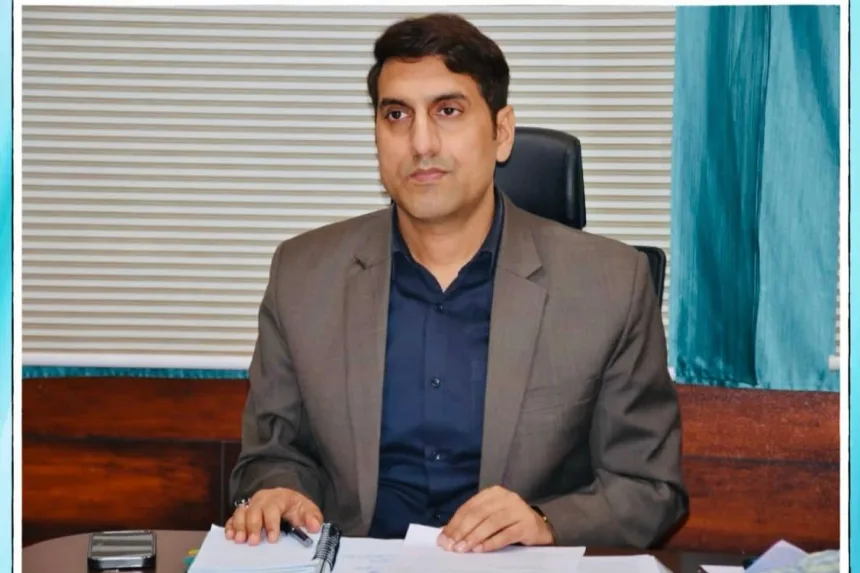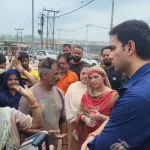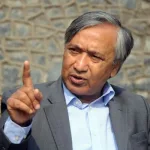Srinagar, Aug 28: Secretary of the Rural Development Department (RDD) and Panchayati Raj, Mohammad Aijaz Asad, chaired a high-level meeting on Thursday to review the progress of the Swachh Bharat Mission-Gramin (SBM-G) in Jammu & Kashmir. The meeting also focused on the roadmap for the rollout of SBM 3.0. Key issues discussed included the status of the Annual Implementation Plan (AIP) 2025–26, the functionality of SBM-G assets, transition of villages from non-ODF+ to ODF+ status, gaps in Individual Household Latrines (IHHL) construction, pending citizen applications, progress under GOBARdhan, and preparations for Swachh Survekshan Grameen (SSG) 2025, as well as the upcoming rollout of SBM-G 3.0.The Secretary emphasised expediting tendering processes and the allocation of sanitation infrastructure such as community sanitary complexes, compost pits, soak pits, segregation sheds, and waste management units. He stressed the importance of completing and operationalising these assets swiftly to benefit rural households, especially in districts with low completion rates. He called for rigorous documentation, transparency, and daily monitoring at the district level to ensure the timely execution of projects aligned with SBM-G objectives.Asad directed officials to address IHHL construction gaps and ensure the prompt disposal of pending citizen applications to guarantee equitable access to sanitation facilities. On the GOBARdhan scheme, the Secretary urged addressing the feasibility challenges to accelerate biogas initiatives.Regarding Swachh Survekshan Grameen 2025, he instructed the strengthening of documentation and digital verification processes, ensuring assets are accurately mapped and reported as per national standards.In outlining the contours of SBM-G 3.0, the Secretary highlighted adopting cluster-based waste management technologies such as waste-to-energy and biochar, along with Public-Private Partnership (PPP) models for plastic recycling. He underscored the importance of sustainable funding mechanisms and resilient systems tailored to J&K’s terrain and climate.He reiterated the need for convergence with MGNREGA, leveraging technology-driven monitoring, and improving implementation to make rural sanitation sustainable, equitable, and future-ready. The Secretary also emphasised capacity building and technical support for effective management of assets like stabilisation ponds and plastic waste units.During the meeting, DG Rural Sanitation presented a detailed progress report on SBM-G, covering assets including community sanitary complexes, plastic waste management units, greywater systems, DEWATS, soak pits, and GOBARdhan plants across the UT, along with the challenges faced.
Secy RDD reviews progress of SBM-G across J&K

Sign Up For Daily Newsletter
Be keep up! Get the latest breaking news delivered straight to your inbox.
By signing up, you agree to our Terms of Use and acknowledge the data practices in our Privacy Policy. You may unsubscribe at any time.
Leave a Comment Leave a Comment





